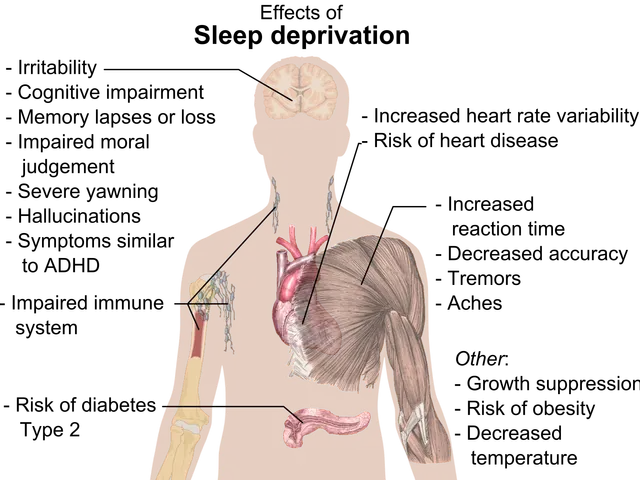Five Sleep Profiles Linked to Brain Networks, Mental Health, and Lifestyle
A groundbreaking study has identified five distinct sleep-biopsychosocial profiles, linking sleep patterns with brain networks, mental health, cognition, and lifestyle. The research, led by Andrew Bagshaw, offers a new perspective on sleep and its impact on overall well-being.
The study, involving over 700 participants, revealed unique neural connectivity patterns for each sleep profile. One profile, characterized by stronger links between attention and sensorimotor networks, was associated with anxiety and depression in those with poor sleep. Conversely, another profile demonstrated resilience, with no such associations. Three other profiles were specific to sleep duration, sleep aids and social satisfaction, and cognitive performance and sleep disturbance.
The findings highlight the importance of considering the full picture of an individual's sleep for accurate assessments and treatment in clinical settings. Each sleep profile had unique brain network organization patterns, with somatomotor network connectivity alterations involved in sleep-biopsychosocial relationships. These insights may help tailor clinical approaches for sleep, mental health, and cognitive support.
The new study, published in The Lancet Psychiatry, underscores the complexity of sleep and its connections to various aspects of health. By identifying these distinct sleep-biopsychosocial profiles, researchers hope to improve personalized treatments and interventions for sleep-related issues and their impacts on mental health and cognition.








